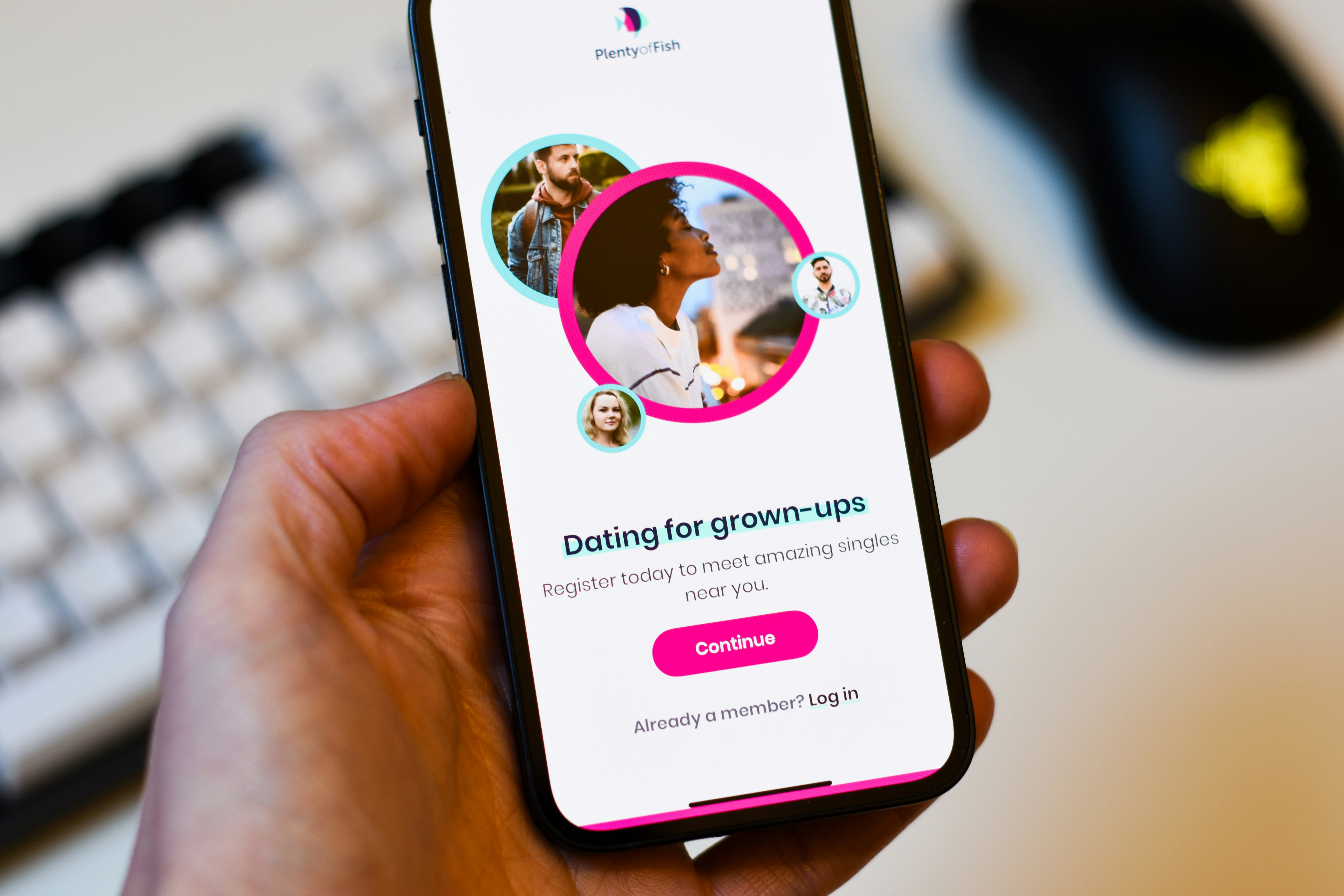
The Growth of Online Dating Applications
In recent years, online dating applications have experienced remarkable growth, driven by a combination of changing social behaviors, advancements in technology, and an increasing acceptance of online interactions in mainstream culture. The early stigma associated with online dating has significantly diminished as individuals recognize the potential for meaningful connections in a digital landscape.
One of the primary factors contributing to the rapid rise of these platforms is the shift in social behaviors, particularly among younger generations. Modern lifestyles often prioritize swiftness and convenience, making traditional dating methods less appealing. Individuals today frequently seek out connections through their smartphones, utilizing dating apps as effective tools to meet potential partners who share their interests and values. This trend is underscored by the fact that many users actively engage with multiple dating platforms simultaneously, further reflecting their desire for expanded opportunities.
Furthermore, technological advancements have played a pivotal role in shaping the online dating environment. Features such as geolocation, video chats, and sophisticated matching algorithms have streamlined the dating process, providing users with a more personalized and efficient experience. As smrtphones have become ubiquitous, the accessibility of dating apps has surged, allowing users to connect from virtually anywhere at any time, which has contributed to their growing popularity.
Statistical data illustrates these trends, with reports indicating that the online dating market has seen significant user growth within various demographics. For example, a substantial rise in users aged 25-34 has been noted, reflecting a demographic shift as more individuals turn to digital solutions for relationship building. As communities become more globalized and interconnected, online dating applications are increasingly viewed as viable avenues for finding romantic partners, thereby reinforcing their positioning within contemporary society.
Innovations in Online Dating
The realm of online dating has experienced a transformation fueled by technological advancements that aim to enhance user experiences and improve matching efficiency. One of the most notable innovations comes from the integration of artificial intelligence (AI) and machine learning algorithms, which have revolutionized how individuals find potential partners. These sophisticated algorithms analyze user data, preferences, and behavior patterns to provide tailored match suggestions that align more closelywith individuals’ romantic aspirations. The ability of these AI-driven systems to learn and adapt over time increases the likelihood of successful matches, thus improving overall satisfaction within the dating community.
Another significant advancement in the online dating landscape is the incorporation of augmented reality (AR) features, which facilitate virtual dating experiences. With the growing demand for interactive and immersive connections, AR enables users to engage in unique dates from the comfort of their homes. This innovative technology allows individuals to participate in virtual outings, such as scenic walks or shared activities, effectively bridging the gap between the online and offline dating worlds. The immersive quality of AR not only fosters genuine interactions but also enhances engagement in the dating process, setting a new standard for how relationships can begin.
Moreover, the emergence of niche dating applications is shaping online dating by catering to specific interests or communities. These specialized platforms provide individuals with opportunities to connect based on shared hobbies, values, or lifestyles, enabling more meamingful interactions. Whether focused on veganism, fitness, or specific cultural backgrounds, niche dating apps fulfill the diverse needs of users seeking connections that resonate on a deeper level. By narrowing down potential matches, they create a space where compatibility is prioritized, thus enhancing the experience of finding a partner in the crowded online dating arena.
Challenges Facing Online Dating Platforms
The online dating landscape, while revolutionizing the way individuals connect, is fraught with several challenges that need to be addressed to ensure safe and effective user experiences. One of the foremost concerns is user safety. Dating applications have become a breeding ground for potential predators, making it imperative for these platforms to implement robust measures that protect users from harassment and abuse. The anonymity that the internet provides can sometimes embolden harmful behaviors, compelling dating services to prioritize developing features that ensure reporting and blocking mechanisms are easily accessible and effective.
Another significant challenge lies in privacy concerns. Users often share sensitive personal information when creating profiles, leading to anxiety over data misuse. Dating applications must adopt strict privacy policies, ensuring that personal data is handled responsibly. Transparency regarding how user information is collected, stored, and shared is crucial. Additionally, security measures such as encryption and secure connections can build user confidence, encouraging them to engage more openly on these platforms.
Furthermore, the prevalence of fraudulent accounts poses a serious challenge to online dating sites. Scammers often exploit these platforms, posing as genuine users to prey on vulnerable individuals. Such deceptive practices not only harm users but also tarnish the reputation of the dating services, potentially leading to reduced user retention rates. To combat this, dating apps should harness advanced technologies such as artificial intelligence to identify and eliminate fake profiles promptly, thereby improving the overall ecosystem of online dating.
Moreover, negative user experiences, often steming from unmet expectations or misrepresentations, can severely impact an app’s reputation. To enhance user trust, platforms must ensure that they promote authenticity and quality interactions. By implementing measures like user verification and encouraging proactive moderation, dating apps can address these issues effectively, paving the way for a safer and more trustworthy environment for all users.
The Future Landscape of Online Dating: What to Expect
The online dating landscape is poised for a significant transformation as user preferences evolve alongside societal shifts in perceptions of relationships. One of the primary trends anticipated in the future of dating applications is a growing focus on meaningful connections rather than casual interactions. As users become more discerning, they may gravitate towards platforms that prioritize long-term relationships, potentially leading to the emergence of innovation in matching algorithms that emphasize compatibility based on values, interests, and life goals.
Moreover, we can expect an increased incorporation of technology to facilitate a deepened understanding of users’ personalities. Advancements in artificial intelligence (AI) and machine learning can create more personalized dating experiences, enabling better matchmaking through data analysis. AI-driven features might include interactive personality tests that provide insights into what individuals seek in a partner, thus streamlining the process of finding a compatible match.
Societal attitudes toward datingshaped by cultural shifts and generational changes—are also likely to influence the future of these platforms. As younger generations, who have grown up with technology, embrace digital interactions, the normalization of online dating will continue. This acceptance may encourage the development of niche dating apps that cater to specific interests or demographics, fostering communities based around shared passions.
Finally, experts suggest that the longevity of online dating applications will hinge on their adaptability to changing user expectations and technological advancements. Platforms that can successfully incorporate augmented reality (AR) or virtual reality (VR) experiences may redefine how users interact with each other before meeting in person. Overall, the future of online dating is set to be dynamic, reflecting the ongoing evolution of human relationships in a digital world.


